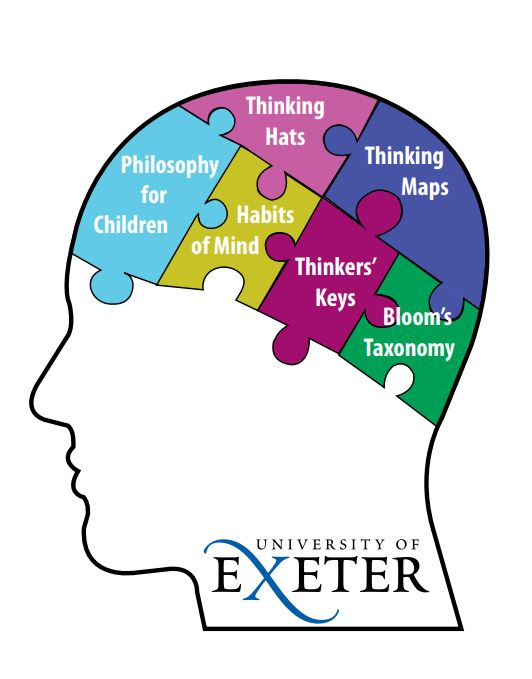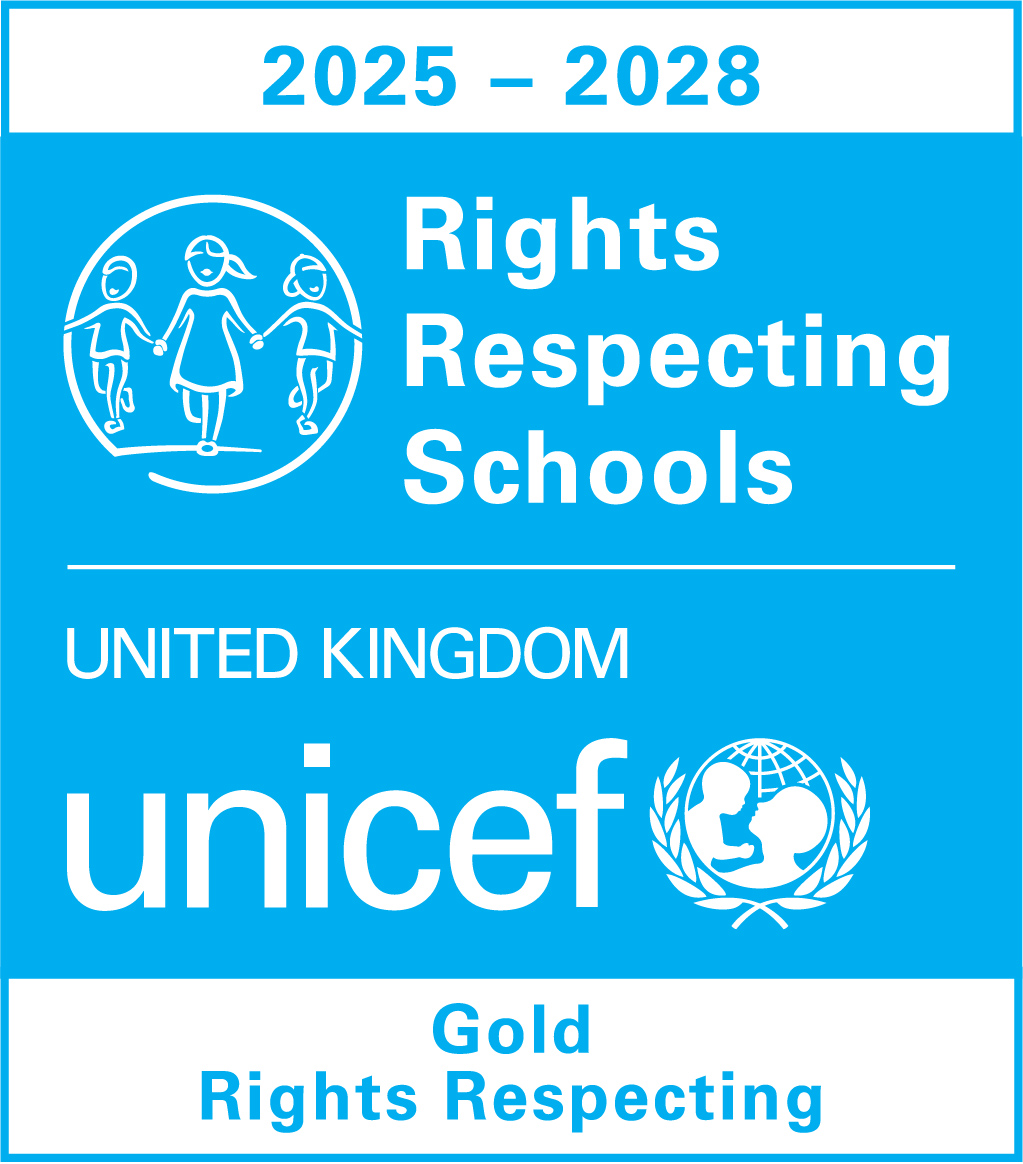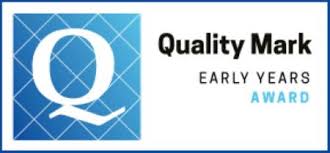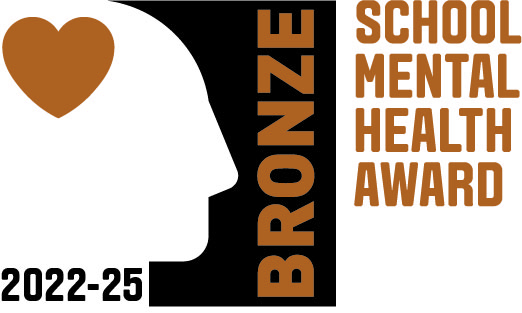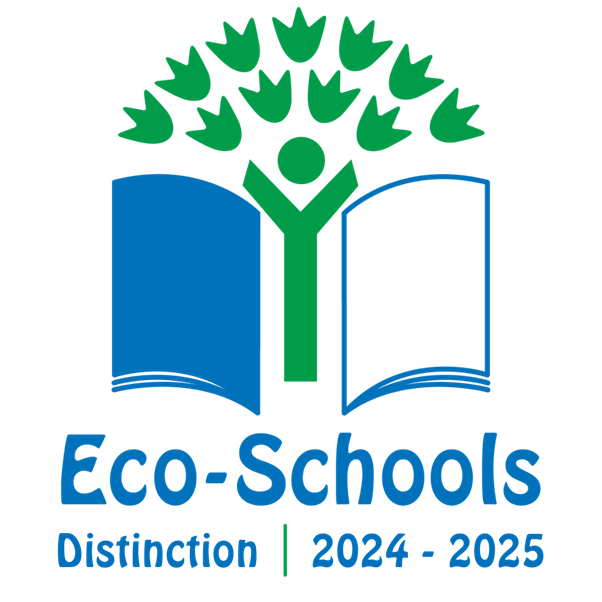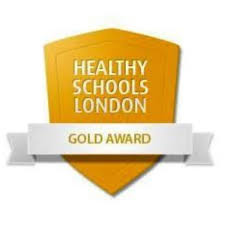- Home
- Our Learning
- The Hillcross Curriculum
- Early Years Foundation Stage
- EYFS Curriculum Intent, Implementation and Impact document
EYFS Curriculum Intent, Implementation and Impact document
Curriculum Intent
Mission, Vision and Values
At Hillcross we nurture our children to think critically and creatively within a collaborative community.
Our outstanding practice ensures our children meet their full potential, both personally and academically, and provides opportunities for them to develop their unique talents and skills. As a nationally recognized Thinking School, we nurture an empathetic community of creative and critical thinkers. We achieve success for all through our dynamic and ambitious curriculum, inclusive learning, promoting fairness and celebrating diversity.
Through our school culture of high aspiration, embracing challenge, acting with compassion, a shared responsibility and by showing respect for all, we aim to develop a resilient school community of compassionate global citizen.
Our Curriculum
At Hillcross, we have designed a bespoke and ever changing curriculum that incorporates the Statutory Framework for the Early Years Foundation Stage (EYFS). As children progress throughout Nursery and Reception, they will have access to carefully planned sequences of knowledge and be exposed to a wide breadth of vocabulary and experiences that enable them to make good progress in their prime areas of learning, and also the specific areas of learning. Learning is focussed on children’s next steps and used as a tool to enable our children to gain more knowledge and develop transferable skills. Topics are determined via child voice.
Curriculum Implementation
At Hillcross, children in the EYFS participate in a wealth of real experiences and play opportunities, some of which are adult-directed and others that are led by the children themselves. Adult directed teaching of phonics, maths and other key skills are reinforced by ‘learning challenges’ that children can access throughout the unit in order for them to apply their knowledge and skills independently. The context of learning (our continuous provision) is led by the children either directly through pupil voice or through careful observation by adults who make regular adaptations to the different areas of learning in order to support and challenge children’s thinking and move their learning forwards. Adults specifically interact with children during their independent play in order to support, guide and scaffold children’s learning to ensure progress is being made.
As a Thinking School, we use a range of thinking tools to equip the children with the ability to think flexibly, freely and in more depth. They also provide the children with the framework for individual and group problem solving and reflection.
The following thinking tools are embedded within teaching and learning methods and within the day to day practices of the wider school community:
-
Blooms Taxonomy to support higher order thinking and questioning, which supports and challenges thinking.
-
Thinking Maps to provide a range of frameworks to organise and understand the eight thinking processes.
-
Philosophy for Children (P4C) creates a space for exploring critical and creative thoughts freely within a caring, collaborative community.
-
Thinkers’ Keys enable children to think flexibly and unlock creative thinking.
-
Thinking Hats create opportunities to think in more depth by helping the thinker to focus on specific thinking processes collaboratively.
-
Habits of mind supports problem-solving, self and peer reflection and develops emotional intelligence and supports positive learning and behaviour choices.
These tools are used with children across the school, including those in the Nursery and Reception classes, to stimulate and extend children’s thinking and deepen their understanding. This fosters the children’s natural curiosity and encourages them to become independent dynamic thinkers who use a range of thinking processes to help them make links within and across their learning. As a result they are able to confidently and fluently express their views and ideas and to use the tools to help them solve problems, applying both critical and creative thinking.
Children and staff at Hillcross understand and model excellent behaviours that enable outstanding teaching and learning. All members of our community show compassion for themselves, other people and different communities. By nurturing positive attachments, we meet the varied social and educational needs of each child, celebrating their individuality whilst cultivating their ability to work collaboratively as part of a team. Everyone has high expectations of each other (both in work and behaviour) and this is reinforced by calm and effective classroom management and positive relationships.
Curriculum Impact
We complete our own baseline on entry to EYFS, in addition to the Government BeP, which provides a starting point from which all children’s individual progress can be measured. We know that our children know more and remember more by regularly measuring their attainment and progress towards the Development Matters statements, Early Learning Goals and a good level of development. We also measure how effectively children develop the Characteristics of Effective Learning. A range of evidence is collected through observation, interactions with the children and by evaluating the work they create. This includes photographs, videos and work samples which are collected in the children’s online Learning Journey, samples of work in the children’s Scrapbooks or team assessment folders. The children have regular opportunities to talk about the samples included and the achievements they are most proud of.
Our EYFS Curriculum information should be read in conjunction with the whole school Curriculum Intent, Curriculum Implementation and Curriculum Impact documents.

